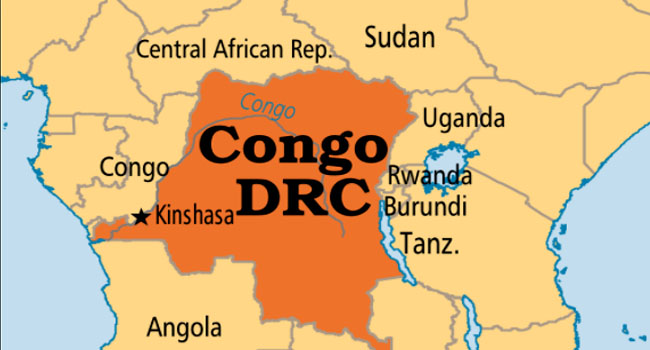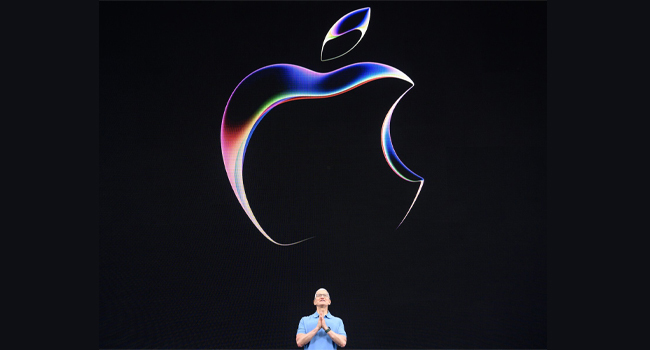The thwarted coup attempt in the Democratic Republic of Congo risks aggravating tensions in the mineral-rich central African nation that has long been rocked by insecurity, analysts told AFP.
The plot unravelled in the early hours of Sunday morning when armed men attacked the home of Economy Minister Vital Kamerhe before moving on to the nearby Palais de la Nation that houses President Felix Tshisekedi’s offices in the capital Kinshasa.
DRC army spokesman General Sylvain Ekenge announced in a message broadcast on national TV that defence and security forces had stopped “an attempted coup d’etat”.
About 40 attackers, including several US nationals, were arrested and four others killed, according to Ekenge.
Among the dead was their leader Christian Malanga, a Congolese man who was a “naturalised American” and a former soldier.
– Suspicion within ruling parties –
Many questions remain unanswered but one consequence of the coup bid could be to create suspicion among members of the ruling parliamentary coalition known as the Union sacree de la Nation, said Christian Moleka, coordinator of DRC non-profit Dypol, a French acronym for Dynamics of political scientists.
The Union sacree on April 23 elected Kamerhe as a candidate to lead the National Assembly, after months of tensions between the coalition parties who backed President Felix Tshisekedi but could not agree on a candidate.
“Vital’s (Kamerhe’s) people are convinced that someone tried to eliminate him, that he was the target,” Fred Bauma, researcher and executive director of the Congolese institute Ebuteli, told AFP.
“There could be an element of suspicion from the side of Vital Kamerhe, who decried it as an assassination attempt rather than a coup d’etat,” Moleka said.
Tshisekedi, in power since 2019, won re-election last December 20, garnering more than 73 per cent of the vote and his supporters 90 per cent of seats in the assembly.
Some think that the coup attempt was a “sham”, with many in Kinshasa saying they believe the attack came as a way to distract residents from problems facing the country.
The DRC is among the five poorest nations in the world, according to the World Bank, with three-quarters of the population living on less than $2.15 a day in 2023.
The failed coup in the capital could also “legitimise authoritarian decisions in the name of security” and see “a shrinking of the democratic space” from which the opposition would primarily suffer, said Moleka.
– International consequences –
The coup bid also portrays DRC in a negative light and contributes “to the perception of a fragile state (and) of failing security services”, said Moleka.
Eastern DRC has been plagued by conflict between armed groups for three decades but it has intensified since the M23 (March 23 Movement) rebel group backed by Rwanda resurfaced two years ago and seized territory from the Congolese army in North Kivu province.
The fact that the May 19 coup could be perceived as instigated from outside could heighten distrust towards foreign countries suspected of wanting to destabilise the Congo, said the two experts.



